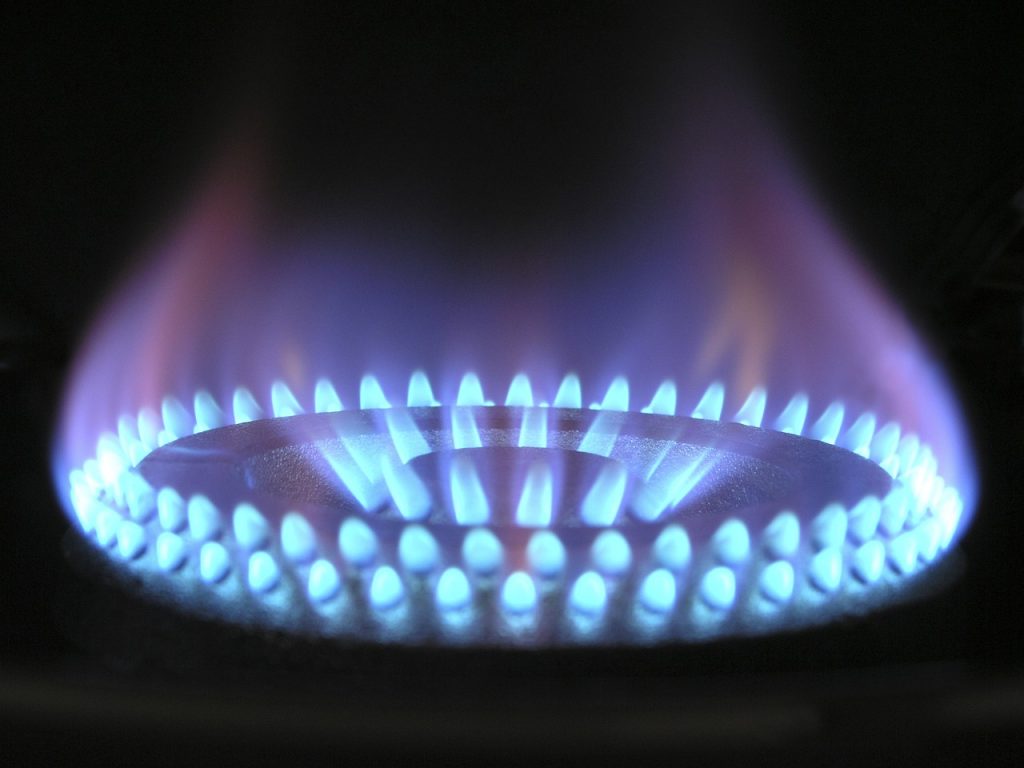

Cheap Gas
We have a problem: for each effective kWh of heat electricity costs 7.6p and gas 4.7p but the gas emits 193g CO2 compared with 82g from the electricity.
Domestic electricity costs have risen in real terms – about 20% in the last decade but gas is back at 2010 costs and consumption has fallen by around 20% in the same period.
The sad truth is that at the moment, energy bills are not painful enough to push consumers to spend money on efficiency measures and lower Carbon sources. Domestic gas and electricity make up only 1.2% and 1.3% of average consumer spend respectively.
So what would happen if the Government increased tax on gas to bring it more in line with its Carbon impact as a heat source? This would mean a 300% tax rate and would cost the average household an extra £150 a month. Too much perhaps, but when thinking about the principle of using taxation to drive behaviour, remember that we accept over 200% tax take on petrol and this has driven improvements in efficiency.
What about fuel poverty? Energy costs – like housing – are hugely regressive and it is sadly true that much of the incentive for being greener has benefited the middle classes. I would argue though, that fuel poverty is not a function of energy pricing but of the benefit system. If gas were put to 20% VAT as a starting point, this would provide a tax take of £2.1bn. If tax credits were adjusted for all recipients to compensate for the increase, this would only cost the exchequer £314m. Fuel poverty is really no excuse.
If the UK is to tackle Carbon reduction, by far the most effective route is to make reducing Carbon value for money – much simpler than complex incentives and grants. If gas prices had an escalator like transport fuel was meant to have and if this were statutory and therefore bankable, investment would follow.
If a binding commitment were made that UK domestic gas prices would increase by 5% above inflation each year until 2050, we would then reach Carbon equivalency between the use of electricity and gas for heating. Consumers assessing the choice of boiler or investment in insulation would know that rising gas prices would justify the spend. This would quickly change the economics around insulation and heating system choice and correct our trajectory towards net-zero Carbon.
© John Moore 2020
Note: this article is the first of a series on barriers to net-zero Carbon and is intended as a debate initiator. Data sources are BEIS and ONS. Key assumptions are: ASHP COP at 2.5, “real terms” means adjusted for CPI and rise in mean household income.


